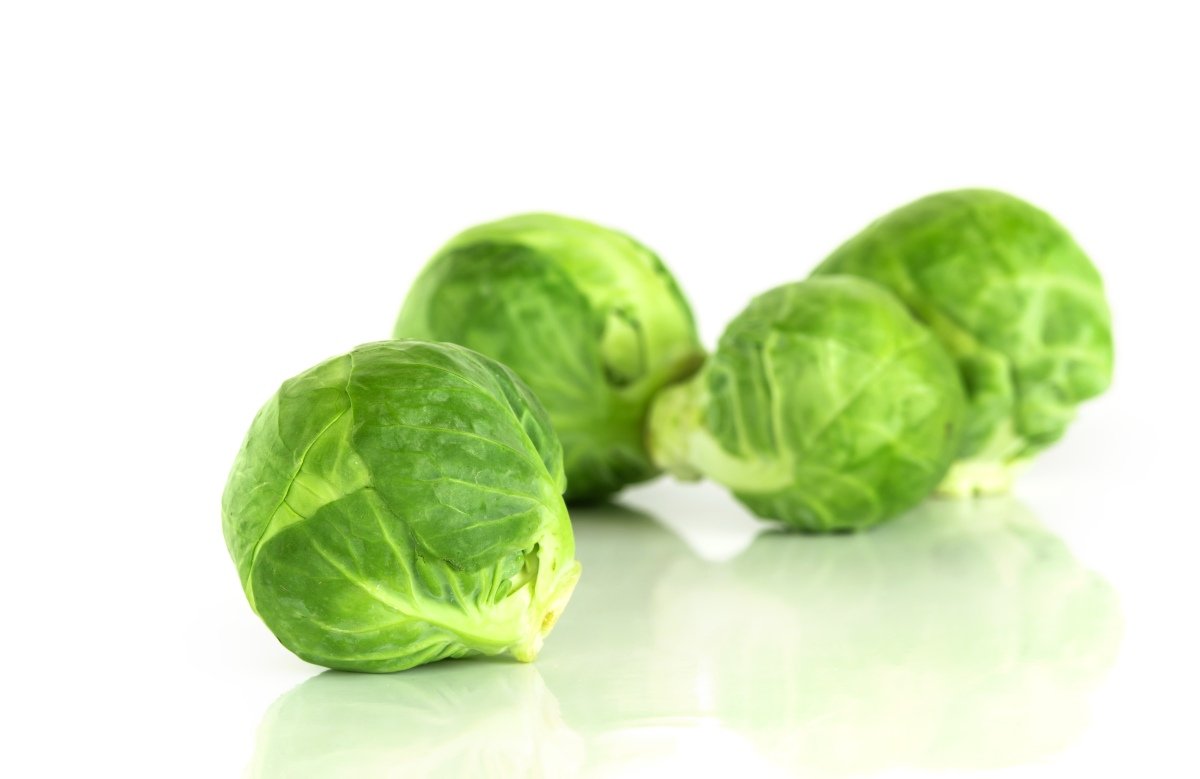Friday, 27 February 2026
Japan finds novel ingredient to fight cancer
Green Leafy Vegetables Contain a Compound Which can Fight Cancer Cells In a study recently published in Scientific Reports , scientists at Okayama University in Japan describe how an ingredient of cruciferous…

Green Leafy Vegetables Contain a Compound Which can Fight Cancer Cells
In a study recently published in Scientific Reports , scientists at Okayama University in Japan describe how an ingredient of cruciferous vegetables prevents the growth of cancer cells.
Cruciferous vegetables like broccoli, cauliflower, and cabbage are rich in a class of compounds called ’isothiocyanates’. A key member of this class, benzyl isothiocyanate (BITC), effectively prevents the growth of tumors in laboratory rats and mice. However, the exact mechanism behind its ability to do so is still unknown. A research team spearheaded by Professor NAKAMURA Yoshimasa and Associate Professor MORIYA Hisao at Okayama University recently used yeast cells to explain how BITC can abate the development of cancer.
Yeast cells make a convenient experimental model as they are easy to manipulate, and they share a significant amount of their genetic make-up with mammalian cells. Thus, discoveries made in yeast cells can often be translated to human cells. The team first treated yeast cells with different concentrations of BITC and found that higher concentrations of BITC suppressed the growth of the cells. An optimum concentration that could suppress the growth of yeast cells to an easily measurable extent was chosen.
Next, a battery of genes within the cells was screened to find candidates that may be altered upon exposure to BITC. Twelve genes were found to be potentially involved. The researchers then artificially enhanced the levels of these twelve genes and observed that the yeast cells subsequently developed a resistance to BITC-induced death. To further understand how the effects of BITC might be associated with these genes, one such gene was analyzed in detail—the MTW1 gene.
The MTW1 gene is responsible for producing a protein in yeast cells which is very similar in functionality as well as genetic sequence to Mis12, a protein found in human cells. Human colon cancer cells were then employed to see if BITC treatment affected the Mis12 protein. Indeed, an artificial reduction in Mis12 levels enhanced the cancer-killing effects of BITC whereas an increase in Mis12 levels protected the cells from death. What’s more, BITC directly reduced the amount of Mis12 by channeling it towards degradation. This degradation of Mis12 further sensitized the cells to apoptosis, a harsh process that leads to cellular death. The Mis12 protein was found to be the direct link between BITC and cancer cell death.
“Our data indicated that the proteasome-dependent decrease in Mis12…enhances the BITC-induced apoptosis, which contributes to the suppression of cancer cell proliferation by BITC,” concludes the team. This study is the first to explain the anticancer properties of BITC in detail, using a novel screening system within yeast cells. This system can be used in the future for screening other anticancer drugs.
Technology
Ingredion Thailand Achieves 100% Sustainably Sourced Cassava
Feb 27, 2026 | Company News
Deakin University and Bellarine Foods Partner to Develop Sustainable Marine-Derived Proteins
Feb 26, 2026 | Australia
Royal Unveils Refreshed Jute Bag Design for 20lb Authentic Basmati
Feb 25, 2026 | Company News
Food Testing
Australian Medical Bodies Push for Compulsory Health Star Labelling
Feb 24, 2026 | Australia
Tim Hortons Singapore Secures Majlis Ugama Islam Singapura Halal Certification Ahead of Ramadan
Feb 23, 2026 | Company News
More Popular
Fagron Acquires Pharmavit Europe for €68Mn to Expand Nutraceutical Portfolio
Feb 27, 2026 | Company News
Arla Foods Invests EUR 300Mn in New Cheese Dairy in Sweden
Feb 27, 2026 | Company News
Beyond Meat Broadens Portfolio Beyond Protein with Sparkling Plant-Based Drink Line
Feb 27, 2026 | Beverages






